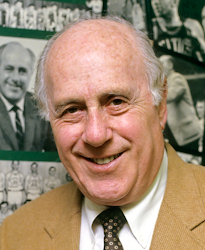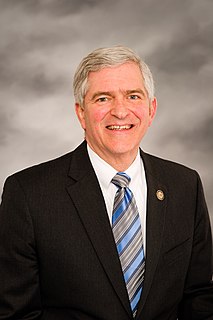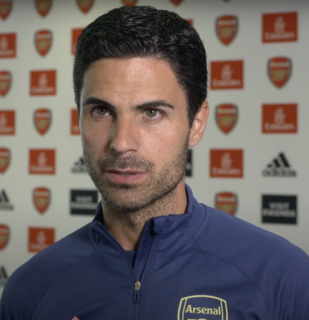A Quote by Joe Gibbs
Once you have a plan, you must sell it to the players. It is not enough to put it on the blackboard and say, 'Okay, here it is.' You have to convince the players that the plan is a good one and show them, in specific ways, why it will work. If you do, you send them out to the practice field with more confidence.
Related Quotes
To lead a group of players is to lead a group of people with different ways of thinking. You have to be prepared for that and know more than just about football. You have to speak a lot to the players, have to make them feel what you expect of them. Have to convince them. Therefore, it's very important for a coach to have a life outside football.
If you are committed to the change, you're going to have to sideline the skeptics, or at least keep them under control. There may be a temptation to move them out but skeptics have a value - flagging weaknesses in the plan. Ideally, you will enlist their critical stance by challenging them to find ways to improve the plan as you go forward.
It will not do merely to listen to great principles. You must apply them in the practical field, turn them into constant practice. What will be the good of cramming the high - sounding dicta of the scriptures? You have first to grasp the teachings of the Shastras, and then to work them out in practical life. Do you understand? This is called practical religion.
Never underestimate your players; they can do it with enough game-like practice. Coaches must put more emphasis in practice and in life on making student-athletes aware of what they could or can do, rather than what they couldn't or presently can't do. The focus must be on solutions, not problems; what is wanted, not what is feared.
To be a successful coach you should be and look prepared. You must be a man of integrity. Never break your word. Don't have two sets of standards. Remember you don't handle players-you handle pets. You deal with players. Stand up for your players. Show them you care-on and off the court. Very important-it's not 'how' or 'what' you say but what they absorb.
You lay out a plan and - say a three-year plan or a two-year plan - and say, 'This is what we can do. We can do the transportation packages, like the highway bill and the water bill, and we can do some of these other areas - a farm bill - whatever it is, we lay out a schedule, and we put that committee to work to do that.'






































